Africa Wildlife Economy Research Project
Natural resources and wildlife are traditionally seen as inputs and not as assets in a national economy. This approach has seen limited government resources being invested in the wildlife economy or allocated to supporting wildlife resources. If this is to change there is a need to illustrate to governments and other stakeholders the economic contribution of wildlife resources to local, national and regional economies. Too little is currently understood about this contribution.
At the ALU School of Wildlife Conservation, we define the wildlife economy as per the below definition:
The Wildlife Economy uses wildlife, both plants and animals (marine and terrestrial), as an economic asset to create value that aligns with conservation objectives and delivers sustainable growth and economic development (wildlife includes indigenous, undomesticated terrestrial and marine animals, plants, and other life forms).
To promote a growing, inclusive, sustainable wildlife economy in Africa
Information on different wildlife
economy activities in Africa, with relevant
case studies
List of enabling factors and conditions for success in the development and growth of the wildlife economy in different countries
Overview of the current regulatory
frameworks governing the wildlife
economy
While conducting the research for the State of the Wildlife Economy in Africa report the School of Wildlife Conservation (SOWC) collected and analysed data from numerous different sources and covering many different wildlife economy topics. This database includes a list of these references to allow for easy searching and locating relevant references for those interested in the wildlife economy in Africa. The database will be updated regularly and we encourage you to also share your own and other resources which we can add to keep the database up-to-date.
The overarching objectives of this project are: To develop a Wildlife Economy Investment Index, based on relevant wildlife economy indicators, in consultation with relevant stakeholders. To create a sense of competition between countries to improve their ranking, through improving their enabling environment, ease of doing business, governance, and investing in wildlife. Where possible, through the index, provide recommendations for policy and practice to unlock the potential of the wildlife economy. To raise the profile of the wildlife economy and to highlight the importance of seeing wildlife as an asset in which to invest. To create buzz and stimulate discussion around the African Wildlife Economy, we will officially launch the index and disclose the first results at the Business of Conservation Conference 2022, to be followed by a short update report at the BCC every year. The reports will provide an overall analysis, as well as recommendations for policy and practice and guidance for countries to improve their index.
The SOWC Wildlife Economy Lessons Learned Series will provide case study examples of different wildlife economy activities across Africa, including an overview of the institutional arrangements, the economic, social and environmental impacts, the enabling conditions, challenges and opportunities, as well as ideas for scaling up or to other areas, if possible. We include case studies on ecotourism, hunting, wildlife ranching, forest products, carbon projects, as well as other innovations and mixed-use agro-ecological examples as well.
As part of our work on the wildlife economy in Africa at the School of Wildlife Conservation, we will be hosting a Debate Series on various wildlife economy topics to provide different perspectives and to allow for a facilitated, constructive discussion to present the facts and arguments from all angles. The aim of the Debate Series is to raise awareness and share information: there is no specific agenda in terms of a right or wrong perspective. There will be a presentation from each perspective for 10-15 minutes, then an audience Q&A session.
One of the first topics we will be looking at is hunting. Look out for the date and participants to be announced soon.
As part of the research process we host stakeholder dialogues and stakeholder engagement workshops to get inputs, raise awareness and build capacity. Case studies and reports are externally peer-reviewed by key experts to ensure robustness and quality research outputs. To-date, our research has fed into the review of the Wildlife Act in Kenya, the review of the Tourism Revenue Sharing Policy in Rwanda as well as being widely sited in academic articles, as well as news articles and presented at the inaugural Africa Protected Areas Congress. The research has also been referenced in the Framework Strategy for a SADC Wildlife-Based Economy and the UNEP wireframe for a biodiversity economy in Africa, amongst others.

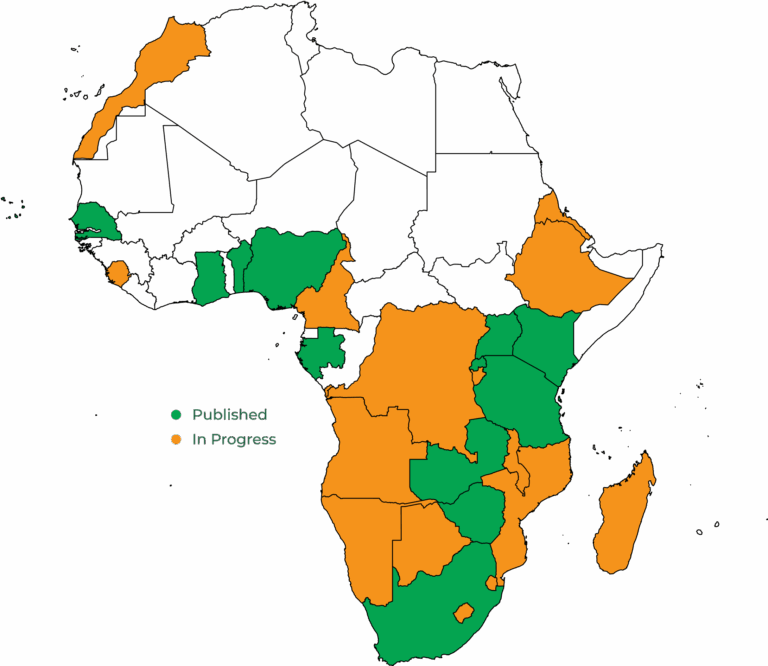
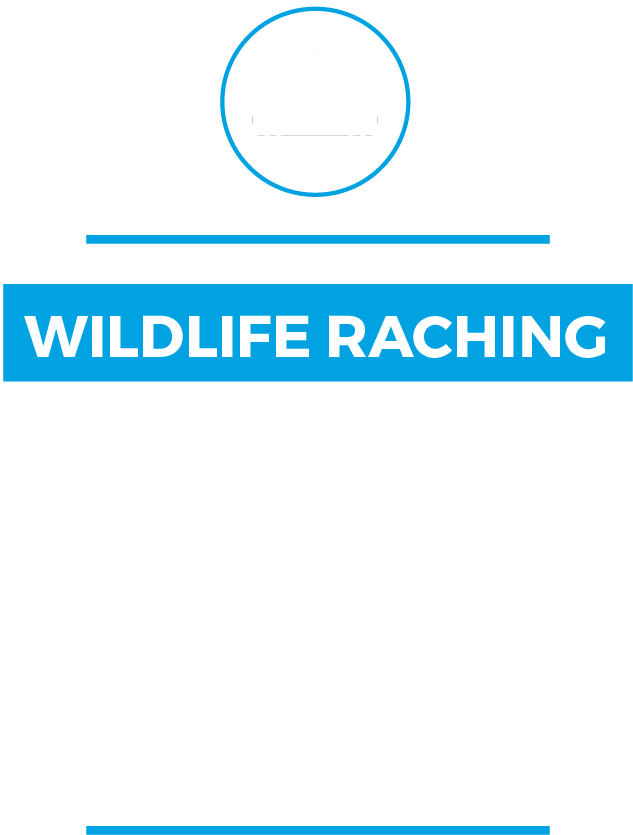
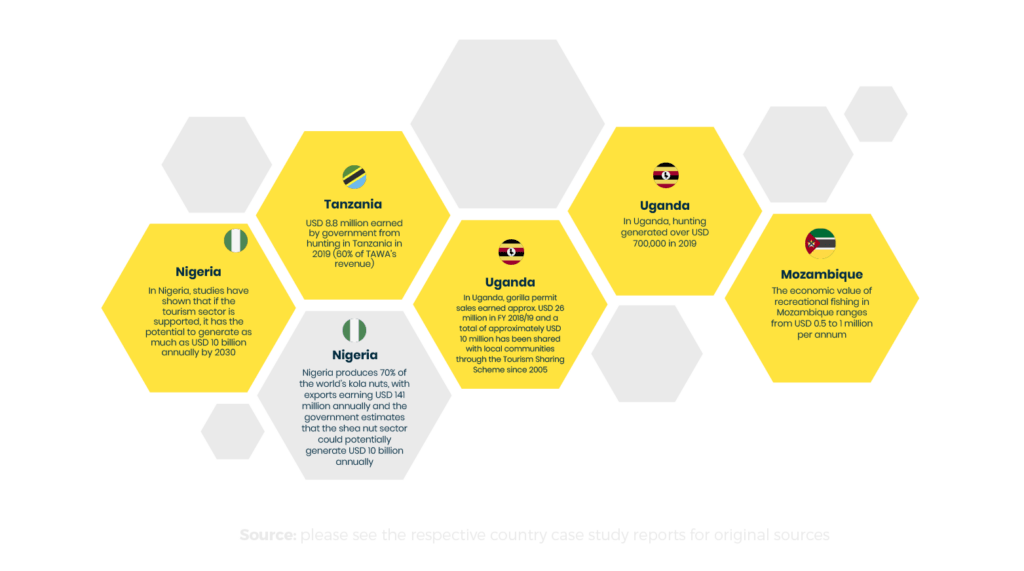
Snyman, S. (2022). Unlocking the potential of Africa’s wildlife economy to drive conservation. Current Conservation, 15.3.
Snyman, S. (2022). The COVID-19 pandemic and nature-based tourism in southern Africa. In Stone, L., et al. (2022) Protected Areas and Tourism in Southern Africa: Conservation Goals and Community Livelihoods”, Routledge.
Snyman, S. & Bricker, K. (2020). Living on the Edge: Benefit-sharing from Protected Area Tourism, Journal of Sustainable Tourism, 27 (6), pp 705-719.
Snyman, S. & Bricker, K. (editors). (2021). Living on the Edge: Benefit-sharing from Protected Area Tourism. Routledge .
To become leaders in terms of promoting, supporting and facilitating policy- and practice- relevant research on the business of conservation in Africa, including specifically research on Africa’s wildlife economy.
This policy applies to all those conducting research through ALU’s SOWC, irrespective of the source of their funding or the field in which they conduct their research or the site where the research is conducted. The policy provides structure and establishes a framework within which the African Leadership University (ALU) will support, facilitate and promote policy-relevant research through the School of Wildlife Conservation (SOWC).
To promote a growing, inclusive, sustainable wildlife economy in Africa